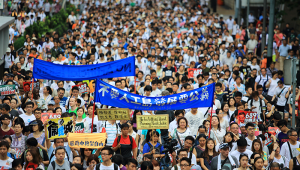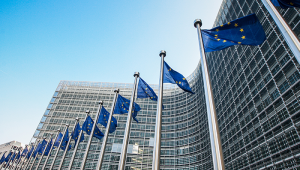web_hong-kong_istock-496713226.png

Hong Kong. Image © iStock
Virus case numbers have been rising for the past three weeks, with the seven-day average of new infections having more than doubled in the past week to 192, with the rise linked to the Omicron variant.
The Hong Kong government has now restricted gatherings and entertainment venues in the strictest measures since mid-2020, before vaccines were available, leading rating agency Fitch to cut its 2022 GDP growth forecast from 3% to 1.5%.
“At the time of our prior projections in early December 2021, we assumed that the low local infections at the time would soon pave the way for a quarantine-free travel bubble between Hong Kong and mainland China,” Fitch said in a note.
The agency said this would have had “positive spillovers for the territory’s tourism and leisure sectors”, but that now these assumptions are “no longer viable”.
Fitch now expects Hong Kong to pursue a “dynamic zero infection” strategy in line with mainland China, with sporadic tightening and loosening of restrictions in response to infection levels.
About 74% of the population has so far received at least one dose of the vaccine, and the government has said it will target 90% before loosening all prevention measures.
The latest blow to economic activity comes not just after the shock of Covid-19, but also after disruptive anti-government protests that began in 2019 and damaged output.
Fitch said the special administrative region will not return to 2018 GDP levels until next year, making it one of the worst-performing territories the agency rates.
It also warned that further fiscal support measures, anticipated on 23 February in the annual budget speech, “will almost certainly delay the territory’s return to its long history of balanced budgets”.
The agency added this is unlikely to harm its AA- rating, however, given fiscal reserves sit at a healthy 30% of GDP.













